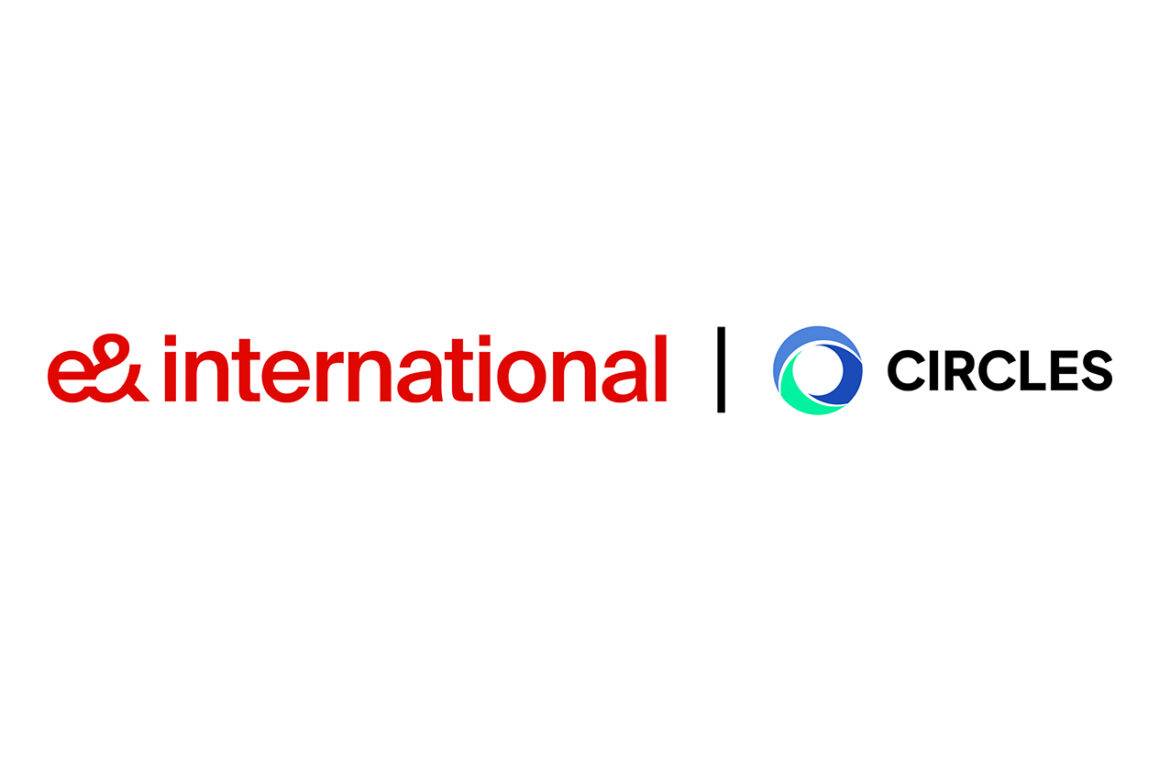CXpose compiled research-driven opinions about how marketing leaders can approach artificial intelligence in their organizations. It was not long before burning questions emerged, not least of which is this: Why does data analytics feature prominently in CMO job descriptions? And what is the data endgame, anyway?
Research company, IDC, shows that applying generative AI to a range of enterprise marketing tasks will increase productivity by an estimated 40% come 2029. But it isn’t just about productivity gains.
In the US, 30% of CMOs are directly leading their marketing organizations’ AI efforts according to Forrester, with its report giving off the general vibe that CMOs need to be more curious about AI and to learn it.
Gartner approached the CMO’s AI responsibility from a talent angle and said that with the introduction of generative AI, their talent plans are at a crossroads. “They must look to adapt and realign roles, or risk teams becoming obsolete,” said Sharon Cantor Ceurvorst, VP of Research in the Gartner Marketing practice. She added that the answer would lie in blending the best of both tech and human capabilities. Included in a CMO’s AI responsibility, is technology to help protect their brand from ‘deception’ brought about by generative AI.
Of all these categories, data and analytics are mentioned the most in CMO job descriptions.
Here, Nina Conseil, the CMO of a next-gen martech solution, Good Bards, suggests to finetune the word ‘deception’ so that it conveys instead ‘a decay in quality and misinformation.’

Nina Conseil, GoodBards
Yet another potential indicator of the market’s reception towards AI, could also be the channel ecosystem. Canalys’ 2023 polls uncover that 41% of partners are optimistic about the opportunities associated with AI, while “…there remains a camp of partners that do not expect to have strong AI business.” In 2023, the reasons for this camp’s negativity was still unknown.
Prevalent and yet, unspoken
One of the biggest functions disrupted by AI is marketing, said Norm Yustin of Russell Reynolds, during a fireside chat at a Forrester CX Summit.

Interestingly, as all these are going on, CMO job postings do not always mention Artificial Intelligence. CXpose.tech has shared before, the other responsibilities that get mentioned a lot instead, according to Forrester’s analysis of B2C CMO job postings in January and February of 2024, are:
- Performance marketing
- Marketing technology (martech)
- Advertising technology (adtech)
- Emerging media and technology (XR, IoT, and Web3)
Of all these categories, data and analytics are mentioned the most in CMO job descriptions.
Might this be happening because AI is a natural progression from data and analytics?
Let’s delve a little deeper into the relationship between the two.
Data maketh AI possible
When IDC calculated the potential impact of generative AI capabilities on marketing, it also set out a list of recommendations for tech buyers to take into account.Two recommendations are notable:
- To implement AI capabilities from the data layer up, not from the task automation layer down. In this way, every instance of generative AI in an enterprise can share common services for data, governance, security and so on.
- Organizations need to prepare their data. If they do not have real-time, clean, governed data sets, they will not be able to take full advantage of ‘this new generation of marketing technology.’
Here, it is worth noting this podcast interview of Shawn Rogers, BARC CEO, whereby he talks about Power BI being a stepping stone to mastering AI and also machine learning (ML) and vice versa – there is a symbiotic relationship between business intelligence tools and the latest advancements in AI.
When CXpose interviewed Spa Esprit, a hospitality brand with diverse portfolios, it had embarked upon a journey to streamline its data from its range of retail presences across lifestyle, F&B, and beauty & wellness. Their immediate priority at that time had been to gain timely insights and actionable information from their data. A data dashboard would serve as its single source of truth and overall, it was keen to build a foundation for AI implementation in the near future.
Waiting for the other shoe to drop
Wheels are in motion and parties close to the matter are observing and/or executing AI initiatives and developments to pan out into small, medium and big successes. There is also a sense that pockets of resistance to AI exist, for whatever reasons.
Data is key to successful AI implementation no doubt. If every company in the future is meant to be an AI company, it stands to reason that a strong data foundation is key, and this could mean implications for deployments of big data analytics and AI in organizations.
How well can both these technologies play together? CXpose attempts to shed some light in an upcoming article, by tapping into knowledge and experiences of IT practitioners.








